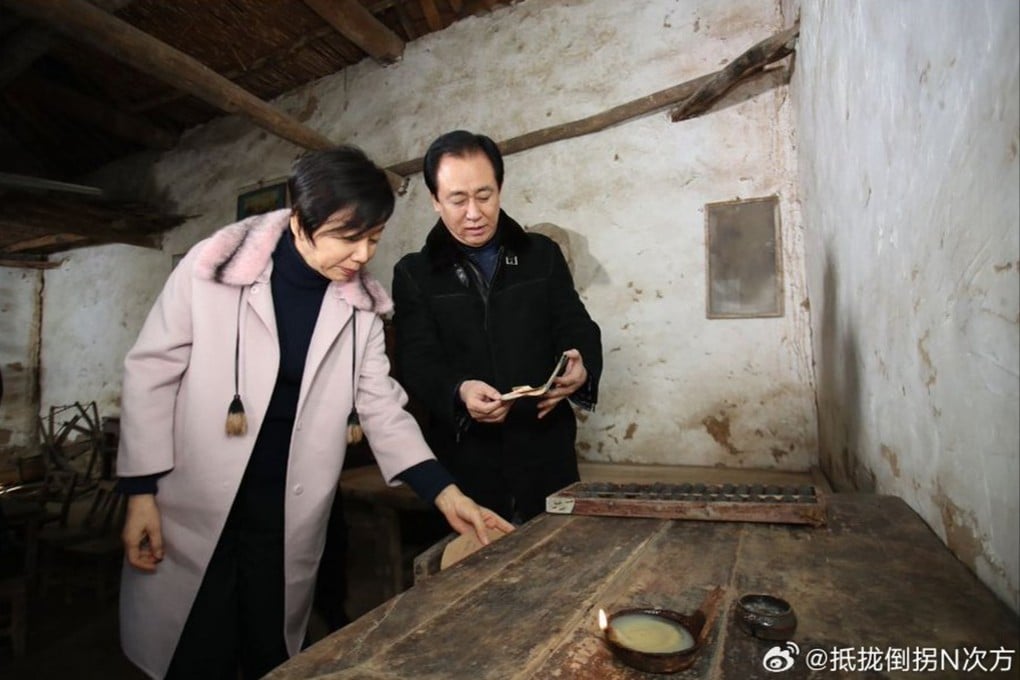Advertisement
Lawsuit brought by China Evergrande founder’s ex-wife against son for unpaid loan may be attempt to protect assets: analysts
- Family members of Hui Ka-yan may be scrambling to move their money to prevent it from being confiscated, analysts say
- Ding Yumei is suing her son Peter Xu Tenghe to recover over HK$1 billion (US$128 million) in loan payments
Reading Time:2 minutes
Why you can trust SCMP

Yuke Xiein Beijing
Family members of the founder of China Evergrande Group may be scrambling to move their money around to prevent it from being confiscated, a month after the property giant was ordered to wind up, according to analysts.
Ding Yumei, the ex-wife of Evergrande’s founder, Hui Ka-yan, or Xu Jiayin as he is known in mandarin Chinese, is suing her second son Peter Xu Tenghe to recover over HK$1 billion (US$128 million) in loan payments, according to a writ filed this week at the Hong Kong High Court.
But the case may in fact be an attempt by Ding and Xu to transfer assets to avoid their confiscation, analysts said.
Advertisement
The former partner of the detained billionaire is asking Xu for the money, which includes principal and interest, according to the court filings. The case is not yet scheduled for a hearing.
“Xu and his father’s assets could be confiscated by courts in mainland China as the two are currently under investigation,” said Shen Meng, a director at Beijing-based investment firm Chanson & Company.
“As such, the lawsuit by the mother might help Xu to transfer some of his assets and prevent them from being seized.”
Advertisement
Advertisement
Select Voice
Select Speed
1.00x
